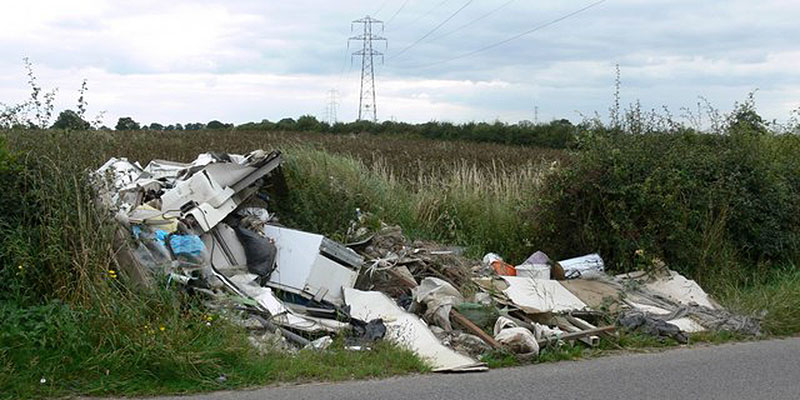Farmers are being urged to be on their guard this spring and help protect livestock from the deadly consequences of lead poisoning.
Discarded materials around farmland, including car and electric fence batteries, or ash from where lead has been burned, can prove fatal to animals if eaten.
Young livestock, turned out into the field for the first time at this time of year, are particularly at risk due to their inquisitive nature within new surroundings.
The poisoning can have a knock-on effect on the food chain, contaminating meat, offal and milk which becomes unsafe and illegal to sell.
Food Standards Scotland is reinforcing its on-farm safety messaging, with Stuart McAdam, the organisation’s Head of Incidents, saying that lead poisoning can have a devastating impact for farmers and can put consumers at risk.
“Lead is a highly toxic metal which can cause slow or stunted growth, blindness, infertility, birth defects and death,” said McAdam.
“Not only are health impacts on stock distressing, but there are financial implications such as veterinary fees, carcass disposal and loss of market value.”
Incidents of lead poisoning often peak in spring when cattle are put out to pasture, with batteries, old paint, bonfire ash and fly-tipping its primary causes.
McAdam advised farmers to check their fields regularly, concluding: “Prevention is the best strategy.”




